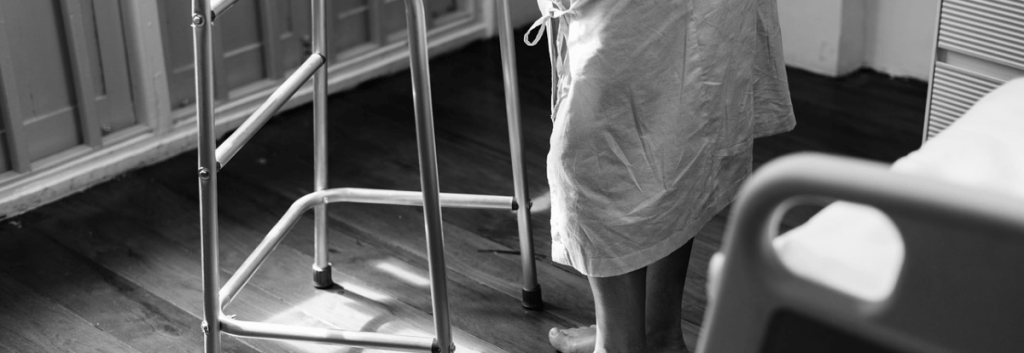While hernia mesh is still widely regarded as a necessary medical treatment, a large number of patients have been subject to hernia mesh readmissions. Many have reported complications, including chronic pain, reduced mobility, organ perforation, and infections.
Indeed, with international guidelines suggesting that 1 in 10 patients will experience chronic pain following the treatment, it is unsurprising that there are many hernia mesh readmissions, in which patients require further reparative treatment or even a removal of the implant.
At The Injury Lawyers, we have been helping people with the ongoing controversy surrounding hernia mesh and vaginal mesh treatments for a long time. In our view, we find it incredibly concerning that the government and the NHS have yet to take more significant action regarding the use of mesh implants. While the treatments may be successful for many patients, this does not allay the suffering of those whose lives are turned upside down by the use of surgical mesh. We are here to support anyone who has experienced the adverse consequences of hernia mesh implants, as you may be entitled to claim compensation.
A lack of clinical evidence
One of the most concerning contributory factors of hernia mesh readmission reportedly stems from insufficient clinical trials that are designed to allow products to be used by healthcare services more safely. It was recently revealed that the NHS purchased over a hundred different types of mesh between 2012 and 2018, a statistic that is made more worrying because the safety of the hernia mesh treatments has not been investigated enough in our view.
For example, some devices can receive approval purely on the basis that they are similar to other treatments, many of which might not have been subject to thorough testing before they were used. In addition, some medical devices only require animal testing, so there are mesh treatments that may have been implanted into rabbits for a short period of time before approval. In some cases, doctors cannot even access information about the clinical trials.
Potential complications and difficulties of treatment
The potential complications of hernia mesh treatment can include:
- Organ perforation;
- Inability to walk or reduced mobility;
- Chronic pain;
- Nerve damage;
- Mental health impact (e.g. depression, suicidal thoughts).
You can read more about hernia mesh complications on our advice page here.
Hernia mesh readmissions can be required to either repair or move the position of the implant, or to remove the implant entirely. Even when the implant is removed, the pain and reduced mobility may not be completely eradicated. In fact, some patients have reported being told that few surgeons are trained for mesh removal, so the removal surgery could provoke further pain and injury. Hernia mesh readmissions can also include occupational therapy and mental health treatment to help patients cope with their everyday difficulties.
Hernia mesh readmissions and compensation claims
The MHRA, the regulator responsible for approving medical products, continues to deem the treatment “necessary”, so the risk to patients remains. If you have been poorly advised about mesh implants or have received poor follow-up treatment, you could be entitled to compensation. Your compensation claim could cover the expenses of any hernia mesh readmissions. As such, if you have had to pay for private care to deal with mesh complications, you might be able to recover these costs.
At The Injury Lawyers, we understand the permanent, life-changing damage that can be caused by hernia mesh implants, and we encourage any affected patients to come forward for free, no-obligation advice.
You do not have to suffer in silence – contact the team for free, no-obligation advice here.












